November 7 stands as one of history’s most eventful days, witnessing the rise and fall of empires, groundbreaking discoveries, and moments that shaped our modern world across centuries of human achievement.
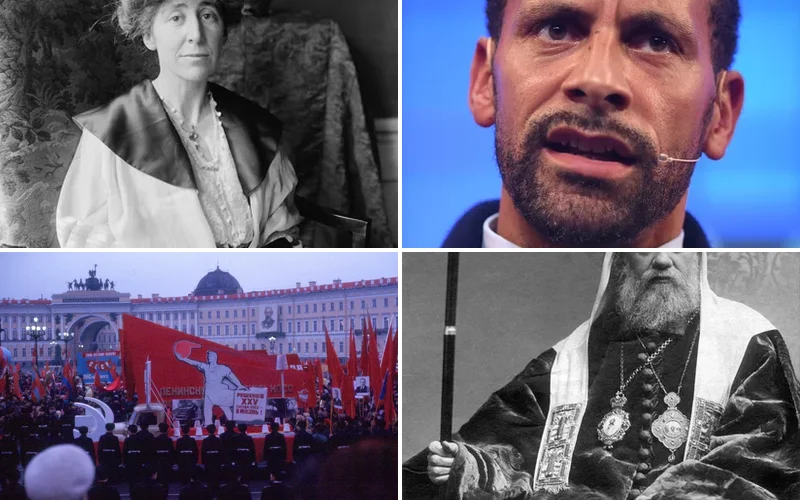
Politics and Government Events on November 7
1917 – October Revolution Begins with Bolshevik Storming of Winter Palace
The Bolsheviks launched their decisive assault on the Winter Palace in Petrograd, marking the climax of the October Revolution. Vladimir Lenin’s forces overwhelmed the provisional government’s defenses in a carefully coordinated attack.
The revolution’s success fundamentally altered the course of world history. This pivotal moment established the foundation for the Soviet Union and transformed Russia into a communist state.
1916 – Jeannette Rankin Becomes First Woman Elected to Congress

Montana voters elected Jeannette Rankin to the House of Representatives, breaking the gender barrier in American politics. Her victory came four years before women gained nationwide suffrage rights.
Rankin’s groundbreaking achievement opened doors for future generations of women in politics. She would later become the only member of Congress to vote against both World Wars.
1989 – Douglas Wilder Elected First African American Governor
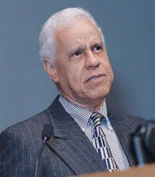
Virginia voters elected Douglas Wilder as governor, making him the first African American to win a gubernatorial election in United States history. His narrow victory margin reflected the state’s changing political landscape.
Wilder’s triumph represented a significant milestone in the civil rights movement. His election demonstrated the growing political power of African American voters in the South.
1967 – Carl Stokes Elected First Black Mayor of Major American City

Cleveland voters elected Carl Stokes as mayor, making him the first African American to lead a major American city. His victory energized civil rights activists nationwide and inspired similar campaigns across the country.
Stokes defeated his Republican opponent by mobilizing both African American and white voters. His election marked a turning point in urban American politics during the civil rights era.
1987 – Tunisian President Habib Bourguiba Overthrown
Prime Minister Zine El Abidine Ben Ali orchestrated a bloodless coup against President Habib Bourguiba in Tunisia. Ben Ali declared Bourguiba medically unfit to govern and assumed presidential powers.
The coup ended Bourguiba’s three-decade rule over the North African nation. Ben Ali’s takeover would establish a new authoritarian regime that lasted until the Arab Spring in 2011.
2000 – Controversial Bush v. Gore Presidential Election
The disputed presidential election between George W. Bush and Al Gore created a constitutional crisis that required Supreme Court intervention. Florida’s hanging chads and vote counting disputes dominated national headlines for weeks.
The Supreme Court’s decision in Bush v. Gore ultimately awarded the presidency to Bush. This controversial ruling sparked ongoing debates about electoral processes and judicial intervention in American politics.
1973 – Congress Overrides Nixon’s War Powers Resolution Veto
The United States Congress successfully overrode President Richard Nixon’s veto of the War Powers Resolution. This landmark legislation limited presidential authority to wage war without congressional approval.
The override represented a significant assertion of legislative power during the Vietnam War era. Congress sought to prevent future military entanglements without proper constitutional authorization from the legislative branch.
Military and Naval History on November 7
1917 – British Forces Capture Gaza from Ottoman Empire
British forces concluded the Third Battle of Gaza by capturing the strategic Palestinian city from Ottoman defenders. The victory opened the path for General Edmund Allenby’s advance toward Jerusalem.
The battle’s outcome marked a crucial turning point in the Middle Eastern theater of World War I. British success in Gaza accelerated the collapse of Ottoman control over Palestine and Syria.
1941 – Soviet Hospital Ship Armenia Sunk by German Planes
German aircraft attacked and sank the Soviet hospital ship Armenia while it evacuated refugees and wounded from Crimean hospitals. Over 5,000 people perished in one of the war’s worst maritime disasters.
The attack violated international conventions protecting medical vessels during wartime. The Armenia’s sinking represented one of the deadliest single incidents in the Black Sea during World War II.
1944 – Soviet Spy Richard Sorge Executed in Japan
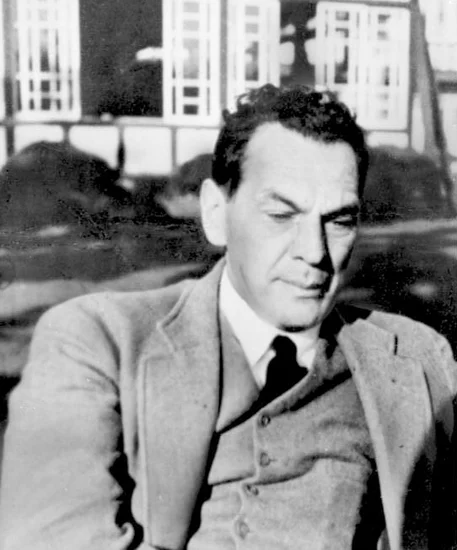
Japanese authorities executed Soviet spy Richard Sorge along with 34 members of his intelligence network. The half-Russian, half-German operative had provided crucial intelligence about Japanese military plans to Moscow.
Sorge’s execution eliminated one of the Soviet Union’s most valuable intelligence assets in Asia. His spy ring had successfully infiltrated the highest levels of Japanese government and military circles.
1983 – NATO Exercise Able Archer 83 Begins
NATO launched the command post exercise Able Archer 83, simulating nuclear warfare scenarios during the height of Cold War tensions. Soviet leaders feared the exercise might serve as cover for an actual Western attack.
The exercise prompted the Soviet Union to place air units in East Germany and Poland on high alert. Intelligence analysts later identified this period as one of the most dangerous moments of the Cold War.
2004 – US Forces Storm Fallujah During Iraq War
American forces launched a major offensive against insurgent strongholds in Fallujah, Iraq, as the interim government declared a 60-day state of emergency. The operation aimed to eliminate militant resistance in the strategic city.
The assault marked one of the largest urban battles of the Iraq War. Coalition forces faced fierce resistance from entrenched insurgents throughout the densely populated urban environment.
Science and Discovery Milestones on November 7
1996 – NASA Launches Mars Global Surveyor
NASA successfully launched the Mars Global Surveyor spacecraft, beginning an ambitious mission to map and study the Red Planet. The probe carried advanced instruments designed to analyze Martian geology, atmosphere, and climate.
The mission would revolutionize scientific understanding of Mars over the following decade. Mars Global Surveyor provided detailed topographical maps and discovered evidence of ancient water activity on the planet.
1994 – WXYC Launches World’s First Internet Radio Broadcast

The University of North Carolina’s student radio station WXYC transmitted the world’s first internet radio broadcast. This pioneering achievement launched a new era of digital media distribution and online entertainment.
The historic broadcast demonstrated the internet’s potential for real-time audio streaming. WXYC’s innovation preceded the mainstream adoption of internet radio by several years.
1949 – First Oil Extracted from Oil Rocks Platform
Engineers extracted the first oil from Oil Rocks (Neft Daşları), the world’s oldest offshore oil platform in the Caspian Sea. This achievement marked a revolutionary advance in offshore petroleum extraction technology.
The successful operation proved the feasibility of large-scale offshore drilling operations. Oil Rocks became the prototype for offshore oil platforms worldwide and transformed the petroleum industry.
1913 – Great Lakes Storm Begins
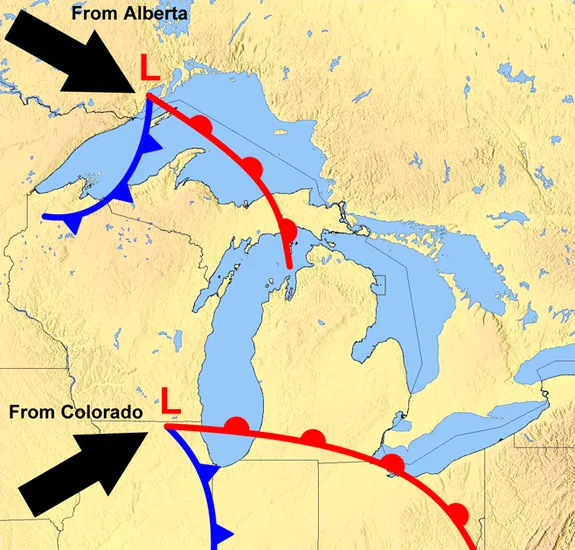
The Great Lakes Storm of 1913 began with hurricane-force winds battering the region. The massive blizzard would ultimately claim 250 lives and cause over $5 million in damage across the Great Lakes region.
The storm system generated unprecedented weather conditions across multiple states. Maritime historians consider it one of the most destructive natural disasters in Great Lakes shipping history.
Cultural and Arts Events on November 7
1929 – Museum of Modern Art Opens in New York City
The Museum of Modern Art opened its doors to the public in New York City, establishing itself as a premier institution for contemporary artistic expression. The museum’s inaugural exhibition featured works by leading modern artists.
MoMA’s founding represented a cultural milestone in American art appreciation. The institution would become instrumental in promoting and preserving modern artistic movements throughout the 20th century.
1912 – Deutsche Opernhaus Opens in Berlin
The Deutsche Opernhaus (now Deutsche Oper Berlin) opened in the Charlottenburg neighborhood with a production of Beethoven’s Fidelio. The new venue provided Berlin with a world-class opera house for major productions.
The opera house’s inauguration marked a significant addition to Berlin’s cultural landscape. The venue would host legendary performances and survive both World Wars to continue its artistic mission.
1967 – Public Broadcasting Act Signed
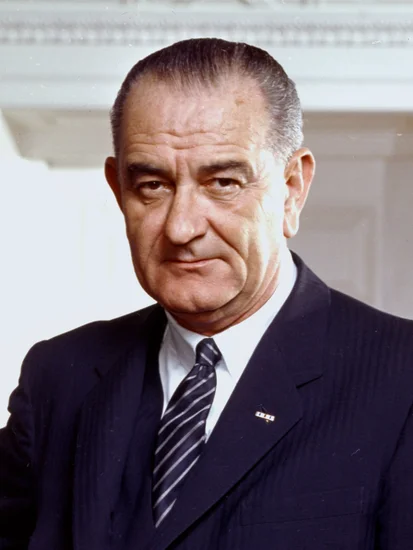
President Lyndon B. Johnson signed the Public Broadcasting Act of 1967, establishing the Corporation for Public Broadcasting. This legislation created the framework for non-commercial educational television and radio programming.
The act’s passage transformed American media by providing alternatives to commercial broadcasting. The legislation enabled the creation of PBS and NPR, fundamentally changing educational media access.
Religious and Social Events on November 7
1920 – Patriarch Tikhon Issues Decree Creating Russian Orthodox Church Outside Russia

Patriarch Tikhon of Moscow issued a decree that ultimately led to the formation of the Russian Orthodox Church Outside Russia. This action addressed the spiritual needs of Russian Orthodox believers living in exile.
The decree established ecclesiastical independence for Orthodox communities beyond Soviet borders. This decision created lasting institutional structures for Russian Orthodox believers worldwide during the communist era.
1989 – David Dinkins Elected First African American Mayor of New York City
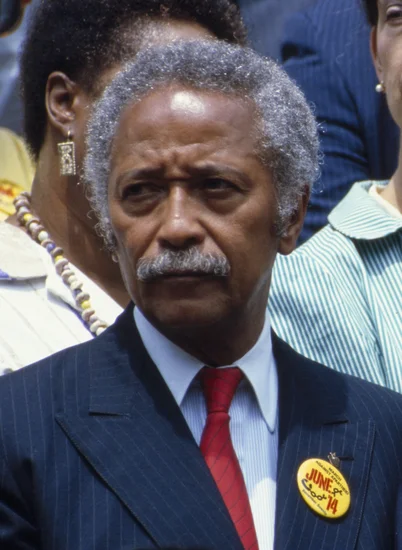
New York City voters elected David Dinkins as mayor, making him the first African American to lead the nation’s largest city. His victory represented a historic breakthrough in urban American politics.
Dinkins defeated incumbent mayor Ed Koch in a closely contested Democratic primary before winning the general election. His election reflected the growing political influence of minority communities in major American cities.
1990 – Mary Robinson Elected First Woman President of Ireland

Irish voters elected Mary Robinson as president, making her the first woman to hold the nation’s highest office. Her victory marked a significant milestone in Irish politics and women’s rights.
Robinson’s election signaled Ireland’s evolving social attitudes toward gender equality. Her presidency would help modernize Ireland’s international image and advance progressive social causes.
Business and Economic Events on November 7
1910 – Wright Brothers Conduct First Air Freight Shipment
The Wright brothers partnered with department store owner Max Morehouse to complete the first air freight shipment between Dayton and Columbus, Ohio. This pioneering flight demonstrated aviation’s commercial potential beyond passenger transportation.
The successful freight delivery marked aviation’s entry into commercial logistics. This achievement foreshadowed the development of modern air cargo industries that would revolutionize global commerce.
1982 – Colonel Saye Zerbo Ousted in Upper Volta Coup
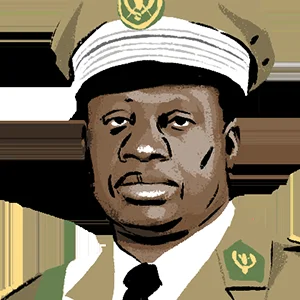
Colonel Gabriel Yoryan Somé led a military coup that overthrew Colonel Saye Zerbo’s government in Upper Volta (now Burkina Faso). The bloodless takeover reflected ongoing political instability in the West African nation.
The coup demonstrated the fragility of military governments in post-colonial Africa. Political upheaval continued to characterize the region as competing factions struggled for control.
1987 – Singapore’s Mass Rapid Transit System Opens
Singapore’s Mass Rapid Transit (MRT) system began passenger service, providing the city-state with modern public transportation infrastructure. The system’s opening marked a major milestone in Singapore’s urban development.
The MRT’s launch demonstrated Singapore’s commitment to efficient urban planning. The transportation system would become a model for other developing nations seeking to modernize their infrastructure.
Transportation and Infrastructure on November 7
1940 – Tacoma Narrows Bridge Collapses
The original Tacoma Narrows Bridge collapsed during a windstorm just four months after its completion. The dramatic failure, captured on film, became one of engineering history’s most famous disasters.
The collapse revolutionized bridge design and engineering safety standards. Engineers learned crucial lessons about aerodynamic forces and structural resonance that influenced future bridge construction worldwide.
1916 – Boston Streetcar Plunges Through Drawbridge
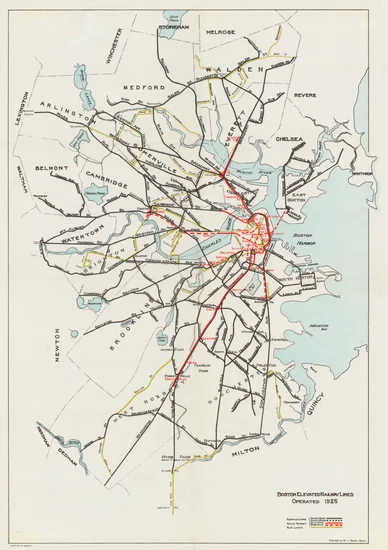
Boston Elevated Railway Company streetcar No. 393 crashed through warning gates at the Summer Street drawbridge, plunging into Fort Point Channel. The accident killed 46 people in one of Boston’s worst transportation disasters.
The tragedy highlighted the dangers of early urban transportation systems. The accident led to improved safety protocols and better coordination between transportation operators and bridge authorities.
1907 – Jesús García Saves Town with Heroic Train Sacrifice

Mexican railroad worker Jesús García saved the town of Nacozari de García by driving a burning train loaded with dynamite six kilometers away before it exploded. His heroic sacrifice prevented a catastrophic explosion that would have destroyed the entire community.
García’s selfless act became legendary in Mexican railroad history. The town was renamed in his honor, and his story inspired generations of railroad workers across Mexico.
Sports and Recreation on November 7
1991 – Magic Johnson Announces HIV-Positive Status
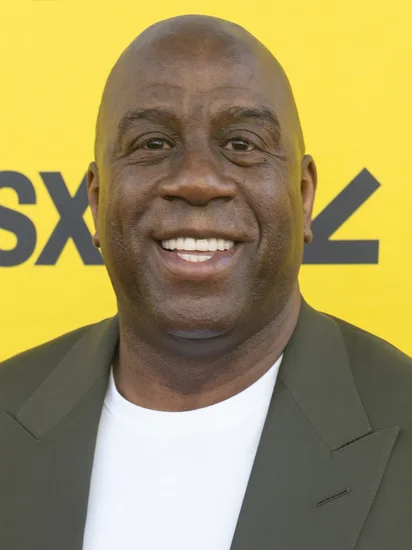
NBA superstar Magic Johnson shocked the sports world by announcing his HIV-positive status and immediate retirement from professional basketball. His revelation brought unprecedented attention to HIV/AIDS awareness and education.
Johnson’s announcement challenged misconceptions about HIV transmission and affected populations. His courage in going public helped reduce stigma and encouraged HIV testing and prevention programs nationwide.
2007 – Jokela School Shooting Occurs in Finland

A gunman attacked Jokela High School in Tuusula, Finland, killing nine people in the country’s deadliest school shooting. The tragedy shocked the Nordic nation and sparked debates about gun control and youth violence.
The shooting prompted Finnish authorities to review gun laws and school security measures. The incident highlighted the global nature of school violence and the need for comprehensive prevention strategies.
1996 – ADC Airlines Flight 086 Crashes in Lagos

ADC Airlines Flight 086 crashed into Lagos Lagoon in Nigeria, killing all 144 people aboard. The disaster marked one of the deadliest aviation accidents in African history and highlighted safety concerns in regional aviation.
The crash prompted investigations into airline safety standards across West Africa. The tragedy underscored the need for improved aviation infrastructure and regulatory oversight in developing nations.
Notable Births on November 7
1913 – Albert Camus Born
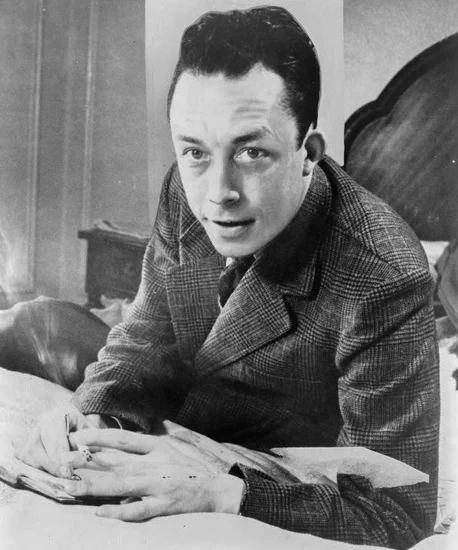
French novelist and philosopher Albert Camus entered the world in French Algeria. His childhood experiences in colonial North Africa would profoundly influence his literary and philosophical development.
Camus would become one of the 20th century’s most important existentialist writers. His works exploring themes of absurdism and human condition earned him the Nobel Prize in Literature in 1957.
1918 – Billy Graham Born

American evangelist Billy Graham was born in Charlotte, North Carolina. His early religious experiences on his family’s dairy farm shaped his future calling as a Christian minister and evangelist.
Graham would become one of the most influential religious figures of the 20th century. His crusades reached millions of people worldwide and advised multiple American presidents on spiritual matters.
1943 – Joni Mitchell Born
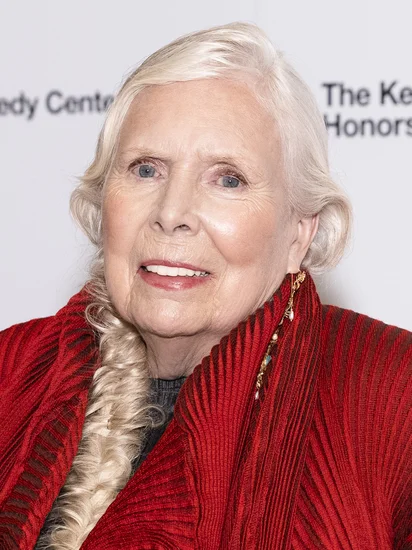
Canadian singer-songwriter Joni Mitchell was born in Fort Macleod, Alberta. Her childhood in the Canadian prairies fostered her artistic sensibilities and connection to nature.
Mitchell would revolutionize folk and popular music with her innovative songwriting and distinctive voice. Her albums like “Blue” and “Court and Spark” established her as one of music’s most influential artists.
1927 – Hiroshi Yamauchi Born
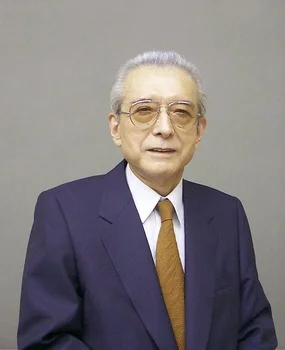
Japanese businessman Hiroshi Yamauchi was born in Kyoto, Japan. His family’s traditional playing card business would provide the foundation for his future innovations in entertainment technology.
Yamauchi would transform Nintendo from a small card company into a global video game empire. His vision and leadership established Nintendo as one of the world’s most successful entertainment companies.
1967 – David Guetta Born

French DJ and music producer David Guetta was born in Paris, France. His early exposure to diverse musical styles in the French capital influenced his eclectic approach to electronic music production.
Guetta would become one of the world’s most successful DJs and electronic music producers. His innovative fusion of electronic and pop music helped bring dance music to mainstream audiences globally.
1978 – Rio Ferdinand Born

English footballer Rio Ferdinand was born in Camberwell, London. His athletic abilities and football skills emerged during his youth in South London’s diverse community.
Ferdinand would become one of England’s greatest defenders and a Manchester United legend. His successful career included Premier League titles, Champions League victory, and extensive England national team service.
1996 – Lorde Born

New Zealand singer-songwriter Lorde was born in Takapuna, Auckland. Her unique musical talents and introspective songwriting style emerged during her teenage years in New Zealand.
Lorde would achieve global success with her debut album “Pure Heroine” at age 16. Her innovative approach to pop music and mature artistic vision established her as a leading voice in contemporary music.
Notable Deaths on November 7
1962 – Eleanor Roosevelt Dies

Former First Lady Eleanor Roosevelt passed away at age 78, concluding a remarkable life dedicated to human rights and social justice. Her death marked the end of an era in American politics and humanitarian work.
Roosevelt had transformed the role of First Lady and continued her advocacy work long after leaving the White House. Her leadership in drafting the Universal Declaration of Human Rights cemented her legacy as a global humanitarian leader.
1980 – Steve McQueen Dies
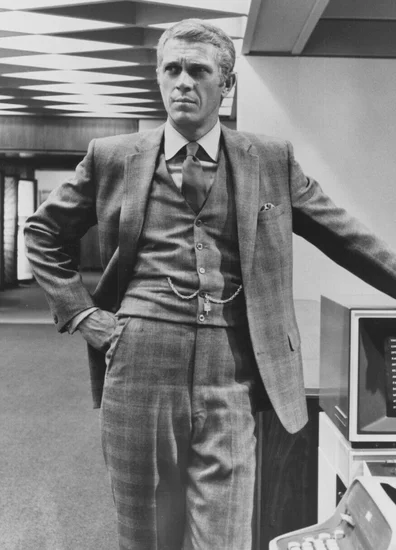
Hollywood actor Steve McQueen died at age 50 from complications related to mesothelioma. His death shocked fans worldwide and highlighted the dangers of asbestos exposure in industrial settings.
McQueen had become one of cinema’s biggest stars through roles in “The Great Escape,” “Bullitt,” and “The Magnificent Seven.” His rugged screen presence and passion for racing made him an iconic figure in American popular culture.
1913 – Alfred Russel Wallace Dies
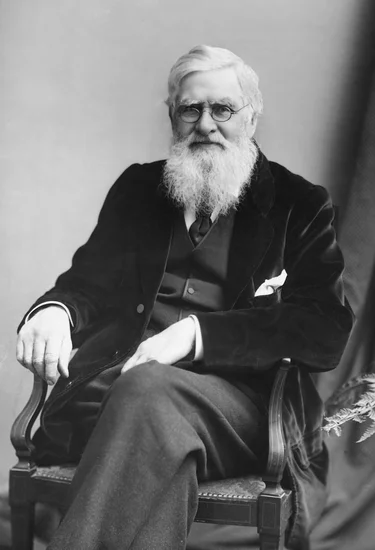
British naturalist Alfred Russel Wallace died at age 90, ending a distinguished career in evolutionary biology and biogeography. His death marked the loss of one of the 19th century’s most important scientific minds.
Wallace had independently conceived the theory of evolution through natural selection alongside Charles Darwin. His extensive fieldwork in the Amazon and Southeast Asia contributed enormously to understanding biodiversity and species distribution.
2016 – Leonard Cohen Dies
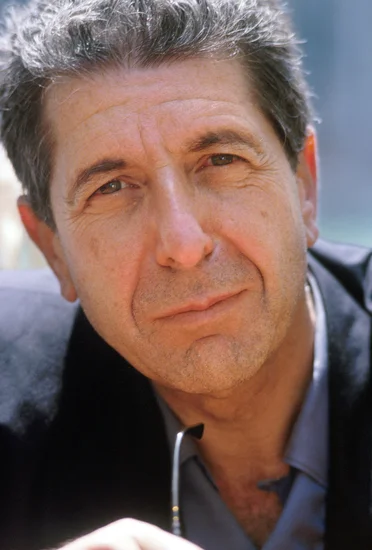
Canadian singer-songwriter and poet Leonard Cohen died at age 82, silencing one of music’s most distinctive and influential voices. His death occurred just days after releasing his final album “You Want It Darker.”
Cohen’s poetic lyrics and deep baritone voice had influenced generations of musicians and writers. Songs like “Hallelujah” and “Suzanne” established him as one of the most important songwriters of the 20th century.
1978 – Gene Tunney Dies
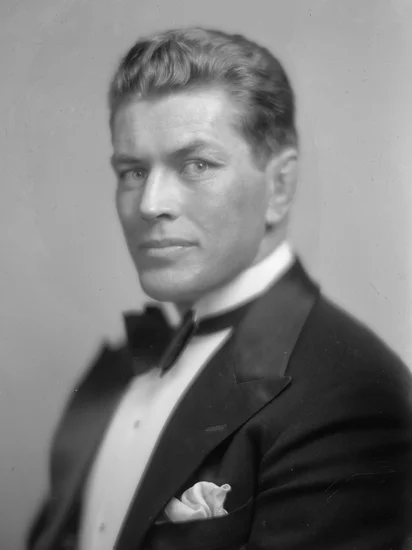
Former heavyweight boxing champion Gene Tunney died at age 81, concluding a life that extended far beyond his athletic achievements. His death marked the passing of one of boxing’s most cerebral and skilled champions.
Tunney had famously defeated Jack Dempsey twice in the 1920s to become heavyweight champion. His intelligent approach to boxing and business acumen made him a respected figure both in and out of the ring.
2011 – Joe Frazier Dies
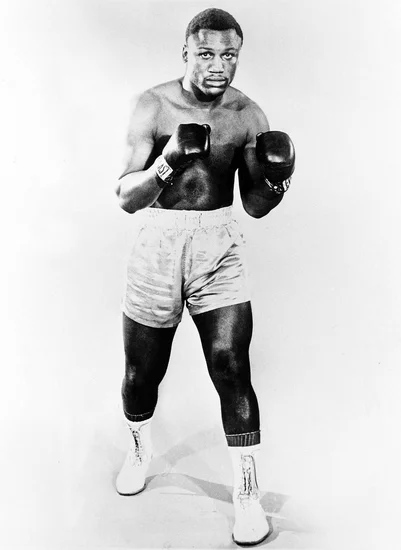
Former heavyweight boxing champion Joe Frazier died at age 67 from liver cancer. His death ended the life of one of boxing’s greatest warriors and Muhammad Ali’s most formidable opponent.
Frazier’s relentless fighting style and trilogy of fights with Ali had defined heavyweight boxing in the 1970s. His victory over Ali in their first encounter at Madison Square Garden remains one of boxing’s greatest upsets.
Holidays and Observances on November 7
October Revolution Day

Former Soviet Union republics and some modern nations observe October Revolution Day, commemorating the Bolshevik takeover of power in 1917. The holiday celebrates the revolutionary events that established communist rule in Russia.
Belarus and Kyrgyzstan continue to officially observe this holiday. The commemoration reflects the lasting impact of the October Revolution on world history and political development.
International Inuit Day
International Inuit Day celebrates the culture, heritage, and rights of Inuit peoples across the Arctic regions. The observance promotes awareness of Inuit contributions to global culture and environmental knowledge.
The day highlights contemporary challenges facing Inuit communities including climate change and cultural preservation. Educational events and cultural celebrations occur throughout Arctic regions and beyond.
National Revolution and Solidarity Day in Bangladesh
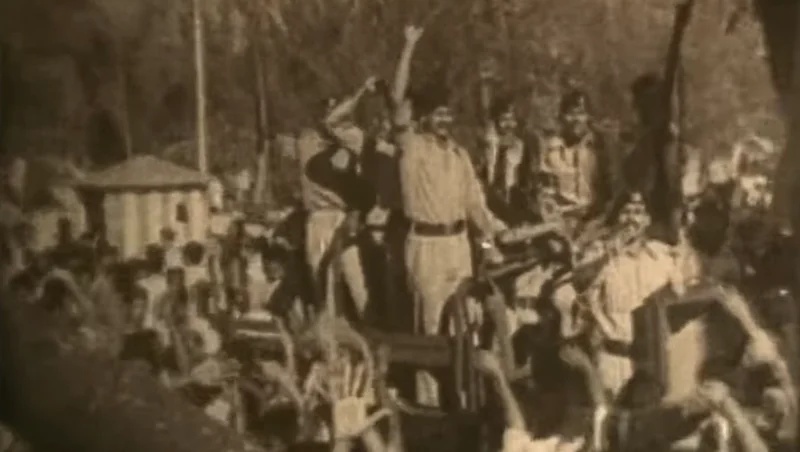
Bangladesh observes National Revolution and Solidarity Day, commemorating significant political events in the nation’s history. The holiday reflects Bangladesh’s ongoing commitment to democratic governance and social unity.
The observance includes official ceremonies and public events celebrating national identity. The day emphasizes the importance of solidarity in building and maintaining democratic institutions.
Students’ Day in Maharashtra, India
Maharashtra state in India celebrates Students’ Day, commemorating B.R. Ambedkar’s school entry anniversary. The holiday honors the architect of India’s Constitution and his contributions to education and social reform.
The observance promotes educational achievement and social equality throughout Maharashtra. Schools and educational institutions organize special programs highlighting Ambedkar’s legacy and educational philosophy.
Hungarian Opera Day
Hungary celebrates Hungarian Opera Day, recognizing the nation’s rich operatic tradition and cultural heritage. The observance promotes appreciation for classical music and theatrical arts throughout the country.
Opera houses and cultural institutions organize special performances and educational events. The day celebrates Hungary’s contributions to world opera and classical music traditions.
